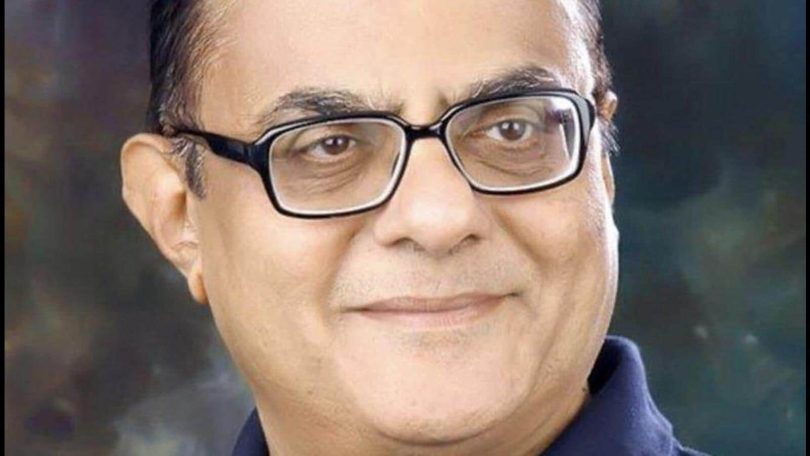[ad_1]
In an interview with HT’s Rhythma Kaul , physicist Ajay Kumar Sood, the recently-appointed principal scientific advisor to the government of India, discusses his vision for the role assigned to him, and how the pandemic has illustrated the benefits of government, academia, and industry working together
1. What vision do you have for your role as PSA?
Historically, PSA has been responsible to harmonize different science ministries’ work towards a common goal, advising the government on how current advances in science and technology can be leveraged across sectors to, on the one hand, solve problems that are current , and, on the other, bolster preparedness for the future. I envision carrying forward these responsibilities through programmes and initiatives that were initiated by my predecessors while creating and maintaining an inclusive ecosystem.
2. Any issues or areas in particular you think need to be addressed on priority?
I was a part of extensive deliberations in the last four years of the Prime Minister’s Science, Technology, and Innovation Advisory Council (PM-STIAC) that I was a member of. Four of the nine national missions have begun, and we wish to take forward the rest.
One top priority is the launch of National Research Foundation at the earliest. This will amplify measures already being taken by various funding agencies to step up support for state universities and institutes that do not compete with the likes of IITs and IISERs.
One other area we must step up preparedness in is vaccine development and immunization. The COVID-19 pandemic taught us a lot and one of them is to strengthen our response system by working with various stakeholders in the government, academia, and industry.
3. Do you think the importance of science has been understood more than before by the masses because of what the country achieved during this pandemic?
I think people’s understanding of how significant development in science and technology is, did receive a boost. Getting people to accept science-based interventions of mask-wearing; maintaining physical distance in gatherings, or avoiding crowds altogether; better ventilation of closed spaces; and taking vaccines, all came with challenges but we did fairly well. What we have learned while implementing these interventions is of utmost importance and has to be factored in while we prepare ourselves for future challenges.
The pandemic also saw more frequent public communication by experts and this has surely contributed to how the public perceives the role scientists, and others have played in shaping the country’s response to the pandemic.
4. Translational research is still a weak point for India; how can that be addressed?
There needs to be a renewed focus on translating our high-quality basic research into innovative solutions uniquely addressing problems in India. The shift in focus has to be adequately supported by the government and industry. We are doing well in the sciences, and fairly well in technology development. But an urgent need is to be the go-to technological solutions provider for the industry. It is happening but only in pockets. What we need is to amplify this across the country.
While funding is important, strengthening financial management in science and technology is equally crucial to ensure the best possible use of resources.
5. India’s first chip plant is coming up in Karnataka; do you think we could have started making semiconductors in India earlier?
Yes, we could have. But better late than never.
[ad_2]
Source link









